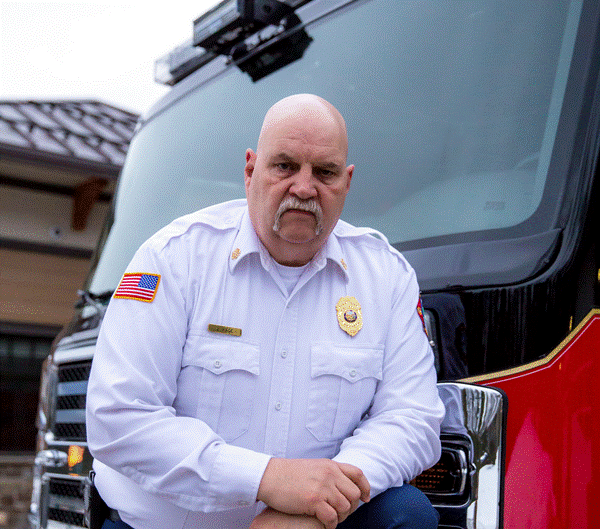
Visit the City of Whitefish webpage to learn more about Fire Safe actions you can take to protect your home.
Join us for a community forum about establishing Whitefish and other Flathead towns as fire-adapted communities on Wednesday, November 14, 6:30 p.m. at Whitefish City Hall.
The forum will feature several panelists discussing the threat of wildfire to our communities and how to protect our homes and businesses. Brief presentations will be followed by open discussion with the audience. Panelists include:
- Joe Page, Whitefish Fire Chief
- Bambi Goodman, Whitefish Area Fire Safe Council
- Jeff Mow, Superintendent of Glacier National Park
- Rick Trembath, Retired Bigfork Fire Chief and fire historian
- Ed Lieser, Fire behavior specialist
- Richard Hildner, Whitefish Deputy Mayor and Chairman of the Whitefish Climate Action Plan Committee
Extreme fire danger is the new norm for summers in Glacier Country and across much of the West. Glacier National Park has experienced major fires, including the loss of structures, during three of the last four years. And wildfire no longer is restricted to rural, forested areas. Wildfire has razed thousands of homes in urban areas across the West over the past year.
Flathead communities have been fortunate to avoid catastrophic wildfire on their doorsteps … so far. But Whitefish Fire Chief Joe Page is concerned that luck may not last. “I was extremely concerned about what could have happened the last couple summers. We had good snow then a wet spring, but that quickly changed with hot weather and no rain. I guess they call that a flash drought. Frankly, we were lucky to get out of the fire season with no major fire in the Whitefish area. We all live in the wildland-urban interface. We all live within range of an ember shower. As a community and as individual homeowners, there are a lot of simple things we can all do to reduce our vulnerability to wildfire,” Page says.
The 2017 Montana Climate Assessment highlighted the likelihood of future summers that are much hotter and drier than in the past, even though annual precipitation might be higher. They have referred to this type of weather pattern as “flash drought,” which suggests a future of much more extreme fire danger in the Flathead. How extreme, of course, depends on how fast society makes the transition to a clean energy economy and stops emitting greenhouse gases through the burning of fossil fuels.
Footage of the event can be found here:

